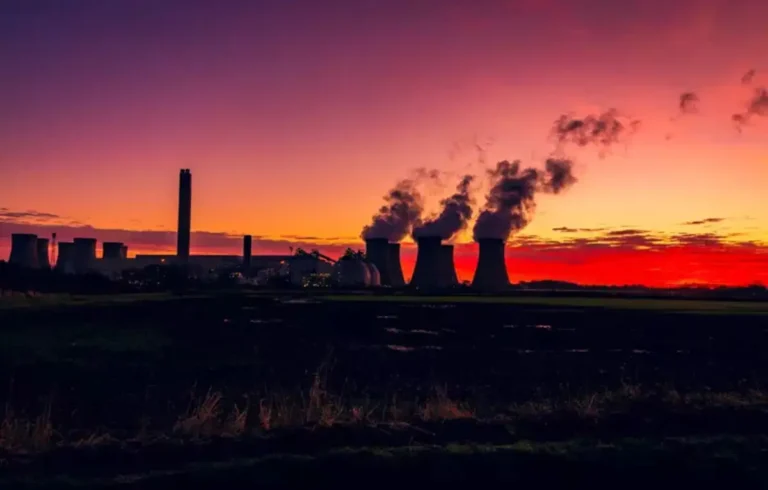The African Union has highlighted the urgent need for over $3 trillion to achieve the continent’s climate targets, emphasizing that climate finance is not just a necessity but a matter of survival for Africa.
This call comes as preparations intensify for the second edition of the Africa Climate Summit, scheduled to take place from September 8 to 10 in Addis Ababa, Ethiopia.
Themed “Accelerating Global Climate Solutions: Financing for Africa’s Resilient and Green Development”, the summit aims to galvanize international and regional support for climate action across the continent.
Speaking ahead of the event, AU Commissioner for Agriculture, Rural Development, Blue Economy and Sustainable Environment, Moses Vilakati, identified inadequate funding as a significant hurdle preventing Africa from building resilience to climate shocks.
Despite contributing the least to global greenhouse gas emissions, Vilakati noted that Africa remains the most vulnerable due to its geography, fragile adaptive systems, and limited economic capacity.
He said, “Africa needs over $3 trillion to meet its climate goals, yet received only $30 billion between 2021 and 2022. We must create a conducive environment for efficiency, adequacy, and justice in climate financing.”
Vilakati further revealed that just 18 percent of the continent’s mitigation requirements are currently being financed, with only 20 percent of adaptation needs met.
He stressed that progress has been made since the inaugural climate summit through strengthened collaborations with regional institutions and collective efforts on climate policy.
Referring to a major target from the first summit, he recalled the aim to triple Africa’s renewable energy capacity to 300 GW by 2030.
He called for increased involvement from governments, private sector players, and international bodies.
“Africa holds the highest solar potential globally, with vast areas receiving over 2,000 kWh/m² annually,” he said, underlining the importance of a fair and inclusive energy transition. “Climate change, and what we do about it, will define our era, our continent, and the global legacy we leave for future generations,” Vilakati added.
The summit, he said, would serve as a platform to strengthen climate policies, drive green industrialization, and integrate climate risk considerations into national development strategies.
He also reaffirmed the AU’s commitment to rotating the summit across various host countries to ensure broader representation.
In support of the summit’s objectives, Ethiopia’s State Minister for Planning and Development, Seyoum Mekonnen, described the upcoming gathering as “Africa’s COP,” designed to elevate African-led responses and press for equity in global climate financing.
“This summit is not just another event, it is Africa’s moment to lead. Africa is often portrayed as a victim of climate change, but we are also a continent of solutions,” Mekonnen stated.
He cited Ethiopia’s achievements under its Green Legacy Initiative, which has resulted in the planting of over 40 billion seedlings within six years, increasing the country’s forest coverage from 17.2 percent in 2019 to 23.6 percent in 2023.
“We are not just hosting a summit—we are building a movement. And every movement needs voices that amplify, challenge and inform,” he said.
ACS2 is being convened in collaboration with the African Union Commission (AUC), with the aim of elevating African perspectives in global climate discourse and action.
